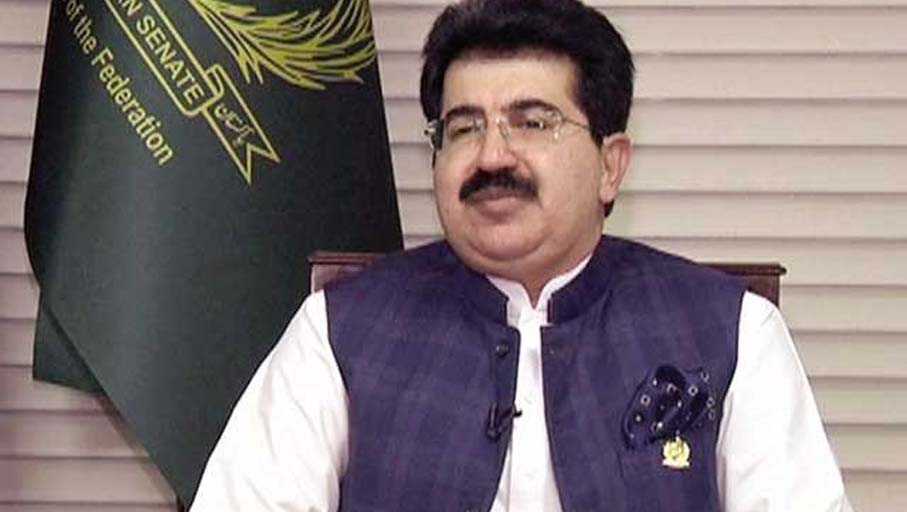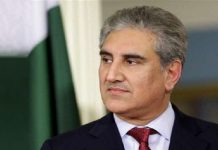NEW YORK: Pakistan has warned against the growing nexus between trans-national organised criminal gangs engaged in human trafficking and terrorists, saying their connection was of global concern as it bears on international peace and security.
“Conflict situations, through their confluence of circumstance and opportunity, provide an ideal environment for such unholy alliances,” Maleeha Lodhi said in a speech at the UN Security Council, while un
derscoring the need for cooperation to defeat their designs.
Taking part in a debate on human trafficking, forced labour, slavery and other similar conflict-situation practices, the Pakistani envoy said that heinous crimes like the enslavement of women and children and their recruitment in armed groups were outrageous. “We must work together to find an end to this perversion,” she added, referring to a finding by the UN Office of Drugs and
Crime that women and children accounted for 79% of victims of trafficking.
She said that the Security Council Resolution 2331 (2016) was significant as it was an unequivocal affirmation by the international community to confront trafficking in persons. “While the eradication of contemporary forms of slavery was an end in itself, interdiction of trafficking-based financial flows to terrorist groups must also be addressed.”
She said that slavery was an abomination, for it “perpetuates the domination and degradation of human life”. Modern slavery, she said, unlike its traditional form, did not seek to ‘own’ people; rather, it aims to ‘control’ them by exploiting their lives or the fruits of their labour.
“Sexual slavery in conflict situations, trafficking of women and girls, and bonded and forced labour, are all manifestations of this evil,” she said.
She said that as a party to the United Nations Convention against Transnational Organised Crime, Pakistan had taken a number of legislative and administrative steps to address such phenomena.
Pointing to the increasing human displacement, she emphasised that as the international community
sought to develop cohesive and coordinated strategies to manage those movements, the interest and well-being of the most vulnerable remained paramount in policy responses. “Also important was to ensure that victims, in their quest to fi
nd safety and protection beyond their borders, did not become fresh prey to trafficking and abuse.”
She reminded the 15-member council that Pakistan has lived up to this ideal by generously hosting Afghan brethren for almost four d
ecades and ensuring safety of their new home.
Going forward, the ambassador said, a fundamental challenge for the international community would be to strike the right balance between human rights and the law enforcement aspects of trafficking policies so that victims of anti-trafficking were protected, not penalised.
“Concerted efforts should also be made to address the underlying root causes,” she said. “Unless we resolutely put out the fires of wars and conflicts that breed and fuel these phenomena, our efforts will at best be spasmodic and insufficient.”













